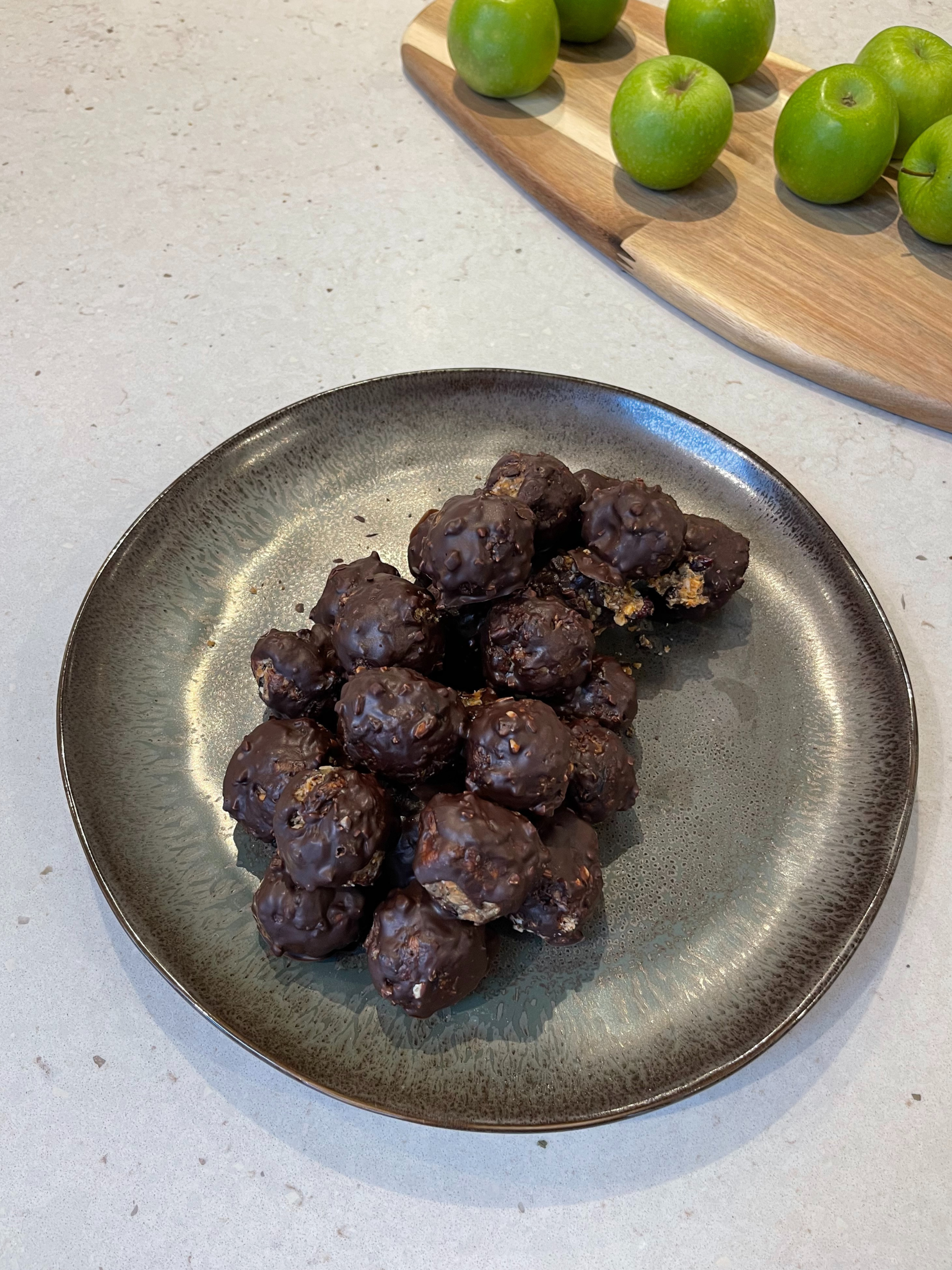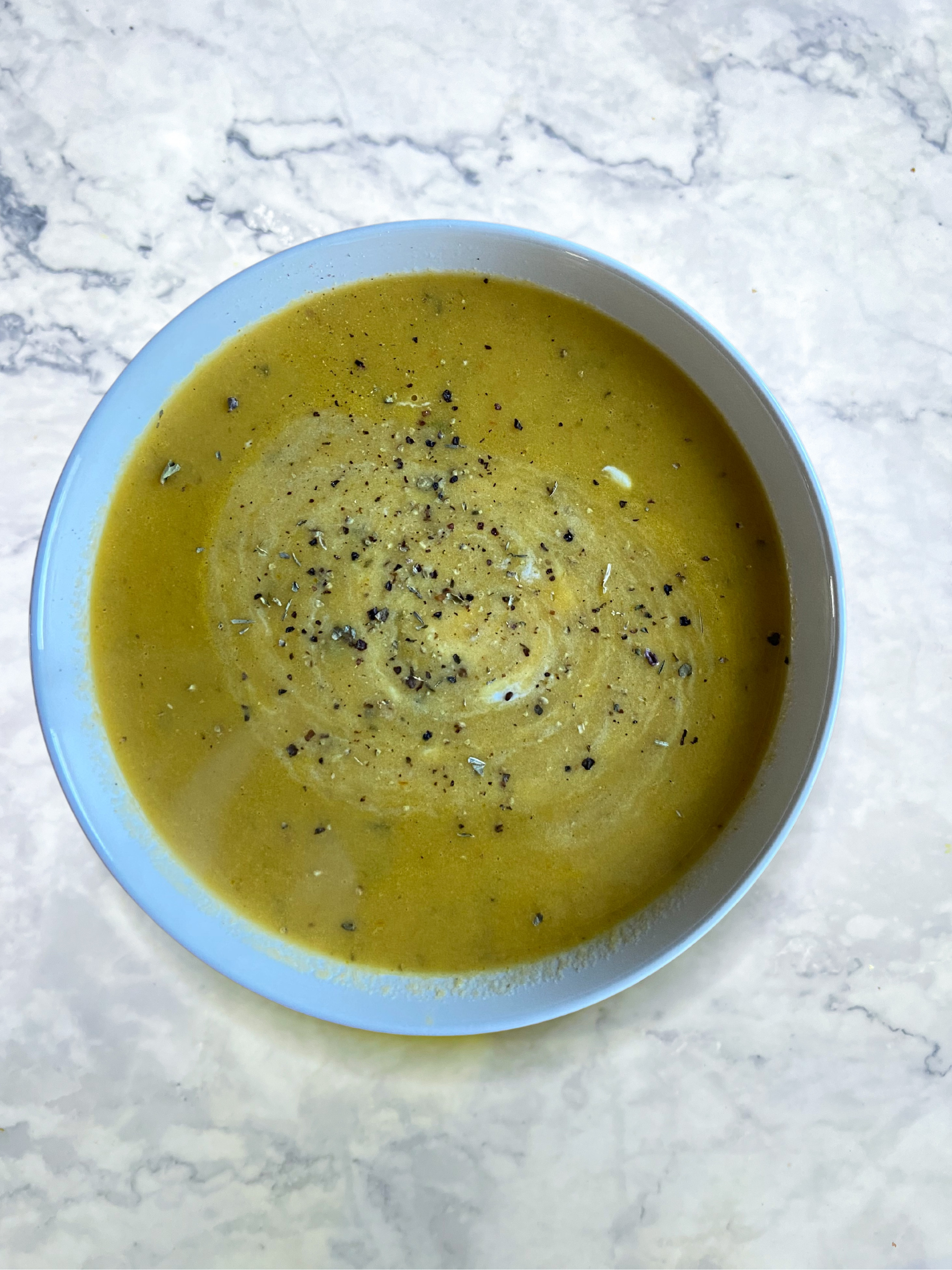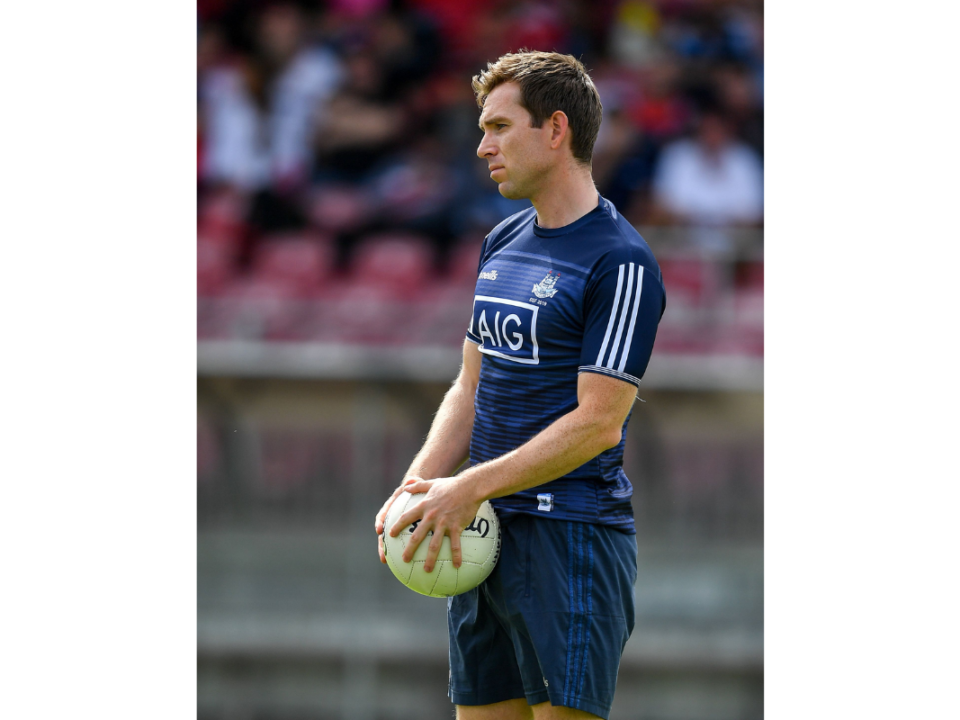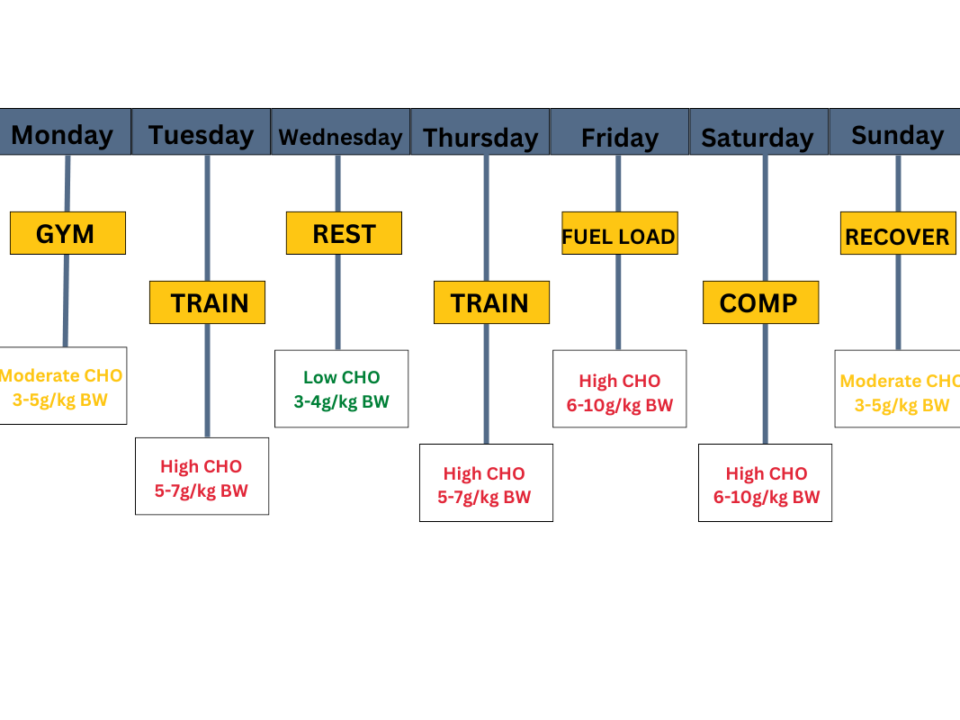6 Key Elements for Recovery from Intense Exercise
For athletes looking to perform consistently at a high intensity, recovery is just as important as preparation. Having a scientifically sound strategy to recover from intense exercise will help you repeatedly perform at your best while reducing the risk of injury and illness. In this article, we discuss the top elements that should be included in your recovery plan and include some of our most popular recipes for recovering from intense exercise. See below to download your FREE resource.

1. Refuel
During intense competitions and training, the main source of energy your body uses for fuel is called glycogen, which is the body’s stored form of carbohydrates. As a result of the high demands placed on the body, the glycogen stores in our muscles and liver become depleted. In order to frequently perform at a high level, it is vital to include carbohydrates as part of your post-exercise recovery strategy. Aiming for 1-1.5g of fast-digesting carbohydrates per kg of body mass post-training/competition is a good target when looking to replenish your glycogen stores. However, this target will vary based on exercise intensity and duration. Learn more: Performance Nutrition Practice Tips.
2. Repair
While exercising our muscles are repeatedly contracting, allowing us to carry out the activity. These repetitive contractions cause damage and breakdown the muscles, releasing amino acids. Amino acids are the compounds that make up protein and are often referred to as the building blocks of protein. Consuming a good source of protein in your recovery meal and in the 24 hours after exercise, will give your body the amino acids it needs to repair and rebuild damaged tissues. Aim to consume 0.3-0.5g of protein per kg of body mass from your post-exercise recovery meal and about 1.7-2g per kg of body mass a day. Learn more: Protein, Your Questions Answered.

3. Sleep
It is impossible to recover adequately from intense exercise without a good night’s sleep. Good rest will allow your body to carry out the processes that it needs to help your mind and body recover and prevent the risk of injury. In fact, it has been shown that sleeping below 7 hours a night increases the risk of injury by up to 35% in young athletes. Aim for at least 8 hours of good quality sleep. This may mean getting into bed 8.5 – 9 hours before you need to wake up to ensure you have sufficient time for a good sleep. Learn more: Sleep – A Critical Daily Investment for Health & Performance.
4. Rehydrate
During intense exercise a large amount of water is lost through sweating and respiration, so it is vital we replace these fluids. Water plays a role in a number of important functions that aid recovery such as digestion, transporting nutrients, removal of waste products from the body and regulating body temperature.
Adding a pinch of salt to the drink is a good way of improving the absorption of fluid and offsetting sweat losses. It is also an alternative to buying a sugar-sweetened and flavour-enhanced sports drink. Learn more: Fluid Needs for Health & Sports Performance.
Download the attached resource for great recipes to help you rehydrate after intense exercise.
5. Reduce inflammation
After intense exercise, there may be a build-up of inflammatory substances in our body that can affect recovery. A specific type of substance called reactive oxygen species (ROS) is created during the metabolism of oxygen for energy during intense exercise. When we use greater amounts of energy during exercise, we produce more of these. The increase in ROS may cause muscle damage and fatigue, which can affect recovery and performance. Some studies have shown consuming Antioxidant-rich foods in the diet can help fight off these substances and reduce inflammation.
However, inflammation is not always a bad thing, as it plays an important role in the body’s adaptive response to high-intensity exercise, allowing us to become bigger, faster or stronger! Learn more: Antioxidants and Exercise! To Supplement or Not?
6. Active recovery
The day after intense exercise such as a heavy training session or a game, it is a great idea to have an active recovery day rather than a complete rest from exercise. This could include any form of light exercise such as a walk, a gentle cycle or some stretching. Active recovery will help with blood circulation around the body, which will help remove the waste products that are a by-product of intense exercise.
FREE RECIPE RESOURCE:
Recipes to Support Recovery from Intense Exercise
Recommended Reading:
Performance Nutrition Practice Tips
Protein, Your Questions Answered
Sleep – A Critical Daily Investment for Health & Performance
Fluid Needs for Health & Sports Performance
Antioxidants and Exercise! To Supplement or Not?
Reference list:
Bonilla, D.A., Pérez-Idárraga, A., Odriozola-Martínez, A. and Kreider, R.B. (2020). The 4R’s Framework of Nutritional Strategies for Post-Exercise Recovery: A Review with Emphasis on New Generation of Carbohydrates. International Journal of Environmental Research and Public Health, 18(1), p.103. doi:10.3390/ijerph18010103.
Braakhuis, A.J. and Hopkins, W.G. (2015). Impact of Dietary Antioxidants on Sport Performance: A Review. Sports Medicine, 45(7), pp.939–955. doi:10.1007/s40279-015-0323-x.
Fullagar, H.H.K., Skorski, S., Duffield, R., Hammes, D., Coutts, A.J. and Meyer, T. (2015). Sleep and athletic performance: the effects of sleep loss on exercise performance, and physiological and cognitive responses to exercise. Sports medicine (Auckland, N.Z.), [online] 45(2), pp.161–86. doi:10.1007/s40279-014-0260-0.
Milewski, M.D., Skaggs, D.L., Bishop, G.A., Pace, J.L., Ibrahim, D.A., Wren, T.A.L. and Barzdukas, A. (2014). Chronic lack of sleep is associated with increased sports injuries in adolescent athletes. Journal of pediatric orthopedics, [online] 34(2), pp.129–33. doi:10.1097/BPO.0000000000000151.










